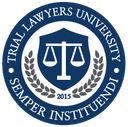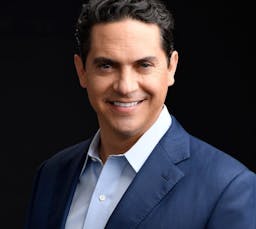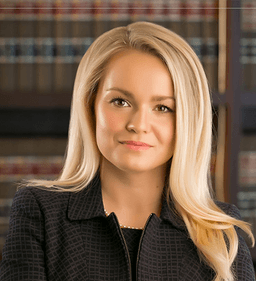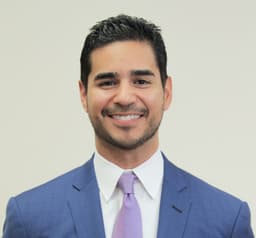Dale Galipo
Dale Galipo Law
Dale K. Galipo obtained his J.D.from the University of California, Los Angeles School of Law in 1984. Mr. Galipo has since earned a reputation as one of the top civil rights attorneys in the nation. With the formation of The Law Offices of Dale K. Galipo in 1991, Mr. Galipo began specializing in personal injury cases and soon thereafter, he started obtaining multi-million dollar jury verdicts on personal injury cases. During the 1990’s, Mr. Galipo also handled numerous criminal cases and was dubbed “The Strikes Man” by the Daily Journal for multiple jury acquittals in “three strikes” cases. From 1995 thru 1996, Mr. Galipo obtained six consecutive jury acquittals on major felony cases.
In 2002, Dale Galipo started to specialize in civil rights cases involving police misconduct and excessive force and shortly thereafter, Mr. Galipo began obtaining multi-million dollar jury verdicts for victims of police misconduct and police abuse. In 2012, Mr. Galipo was awarded the Defender of the Constitution Award by the Inland Empire Chapter of the Federal Bar Association and was more recently the Honoree for the MLK award presented in his name at the UC Davis School of Law. In the last eleven years, he has prevailed in over 50 Jury trials and has obtained over 100 seven-figure verdicts and settlements.
With approximately twenty published opinions in civil rights cases, Dale Galipo has also been selected to the Southern California’s SuperLawyers list every year. Having been awarded the CAALA Trial Lawyer of the Year 2020 and also the CAOC 2020 Consumer Attorney of the Year, he is often asked to speak about his civil rights practice, most often on how to successfully try a civil-rights case. As an active member of The Inner Circle of Advocates and as a Fellow of The American College of Trial Lawyers, Mr. Galipo has gone to trial and won more cases against the police than any other attorney in the country.
TLU Live HB Agenda
Track 1
Breakfast
7:30am - 9:00am
Hosted by
- 9:00a


 Sach Oliver · Joe Fried Winning the Most Common Tractor Trailer Case in America
Sach Oliver · Joe Fried Winning the Most Common Tractor Trailer Case in America Coffee & Snacks
Hosted by
- 10:15a


 Sach Oliver · Joe Fried Winning the Most Common Tractor Trailer Case in America
Sach Oliver · Joe Fried Winning the Most Common Tractor Trailer Case in America Coffee & Snacks
Hosted by
- 11:30a


 Sach Oliver · Joe Fried Winning the Most Common Tractor Trailer Case in America
Sach Oliver · Joe Fried Winning the Most Common Tractor Trailer Case in America Lunch
Sponsored by
- 2:00p

 Michael CowenGetting Big Justice in Big Rig Cases
Michael CowenGetting Big Justice in Big Rig Cases Coffee & Snacks
Hosted by
- 3:15p

 Joseph CamerlengoLecture
Joseph CamerlengoLecture Coffee & Snacks
Hosted by
- 4:30p


 Randall Sorrels · Dirk Vandever Lecture
Randall Sorrels · Dirk Vandever Lecture
Track 2
Breakfast
7:30am - 9:00am
Hosted by
- 9:00a

 Melissa Scartelli Charting the Path to Verdict: Strategic Decisions in Medical Negligence Trials
Melissa Scartelli Charting the Path to Verdict: Strategic Decisions in Medical Negligence Trials Coffee & Snacks
Hosted by
- 10:15a

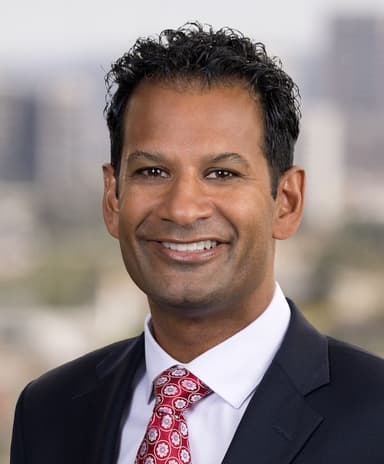 Rahul RavipudiLecture
Rahul RavipudiLecture Coffee & Snacks
Hosted by
- 11:30a

 Brian PanishLecture
Brian PanishLecture Lunch
Sponsored by
- 2:00p


 Ben B. Rubinowitz · Michael Kelly Lecture
Ben B. Rubinowitz · Michael Kelly Lecture Coffee & Snacks
Hosted by
- 3:15p

 Kimball JonesLecture
Kimball JonesLecture Coffee & Snacks
Hosted by
- 4:30p


 Al Foeckler · Brett A. Eckstein Black Hat Justice Opening Statement
Al Foeckler · Brett A. Eckstein Black Hat Justice Opening Statement
Track 3
Breakfast
7:30am - 9:00am
Hosted by
- 9:00a

 Kurt ZanerCreating Drama at Trial – how to tell a story in trial through dramatic theatrical techniques
Kurt ZanerCreating Drama at Trial – how to tell a story in trial through dramatic theatrical techniques Coffee & Snacks
Hosted by
- 10:15a

 John RomanoTactical Storytelling During Cross-Examination of Defense Damages & Causation Experts
John RomanoTactical Storytelling During Cross-Examination of Defense Damages & Causation Experts Coffee & Snacks
Hosted by
- 11:30a

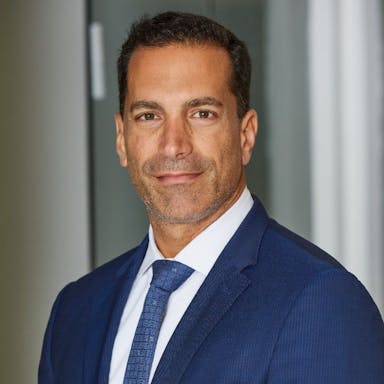 Sagi ShakedLecture
Sagi ShakedLecture Lunch
Sponsored by
- 2:00p

 Kurt ZanerWriting a Story – Win your case in a page and a half
Kurt ZanerWriting a Story – Win your case in a page and a half Coffee & Snacks
Hosted by
- 3:15p

 Edward CiarimboliFrom the Windshield to the Boardroom: How FedEx’s Camera Systems Prove Control, Knowledge and Responsibility
Edward CiarimboliFrom the Windshield to the Boardroom: How FedEx’s Camera Systems Prove Control, Knowledge and Responsibility Coffee & Snacks
Hosted by
- 4:30p

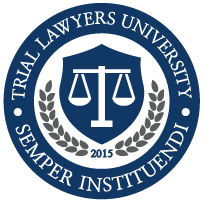 TLU ProfessorLecture
TLU ProfessorLecture
Track 4
Breakfast
7:30am - 9:00am
Hosted by
- 9:00a

 Andrew PickettLecture
Andrew PickettLecture Coffee & Snacks
Hosted by
- 10:15a

 Eric CastelblancoSue Your Slumlord: The Ins and Outs of Habitability Law in CA
Eric CastelblancoSue Your Slumlord: The Ins and Outs of Habitability Law in CA Coffee & Snacks
Hosted by
- 11:30a

 Dan AmbroseWitness Prep & Direct Examination
Dan AmbroseWitness Prep & Direct Examination Lunch
Sponsored by
- 2:00p

 Patrick KangHow We Built An Eight-Figure Practice On Just Toxic Mold Litigation.
Patrick KangHow We Built An Eight-Figure Practice On Just Toxic Mold Litigation. Coffee & Snacks
Hosted by
- 3:15p

 Dan AmbroseCross Examination
Dan AmbroseCross Examination Coffee & Snacks
Hosted by
- 4:30p


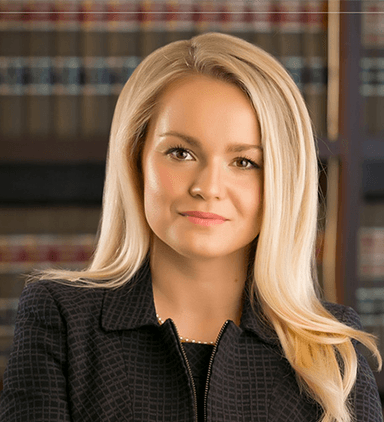 Andrew Robb · Brittany Sanders Robb Maximizing Recoverable Damages Before Trial: Framing Your Case for Actual Recoverability
Andrew Robb · Brittany Sanders Robb Maximizing Recoverable Damages Before Trial: Framing Your Case for Actual Recoverability
Track 5
Breakfast
7:30am - 9:00am
Hosted by
- 9:00a

 Orlando De CastroverdeHow To Get A 1.7m Verdict On A Neck Injection Case
Orlando De CastroverdeHow To Get A 1.7m Verdict On A Neck Injection Case Coffee & Snacks
Hosted by
- 10:15a

 George MoschopoulosLecture
George MoschopoulosLecture Coffee & Snacks
Hosted by
- 11:30a


 Al Foeckler · Brett A. Eckstein Black Hat Justice Verdict – A Deep-Dive into a $15 Million Verdict in an Extremely Conservative Venue
Al Foeckler · Brett A. Eckstein Black Hat Justice Verdict – A Deep-Dive into a $15 Million Verdict in an Extremely Conservative Venue Lunch
Sponsored by
- 2:00p

 Michael StephensonLecture
Michael StephensonLecture Coffee & Snacks
Hosted by
- 3:15p

 Alex IvanovLecture
Alex IvanovLecture Coffee & Snacks
Hosted by
- 4:30p

 Sarah HavensLecture
Sarah HavensLecture



